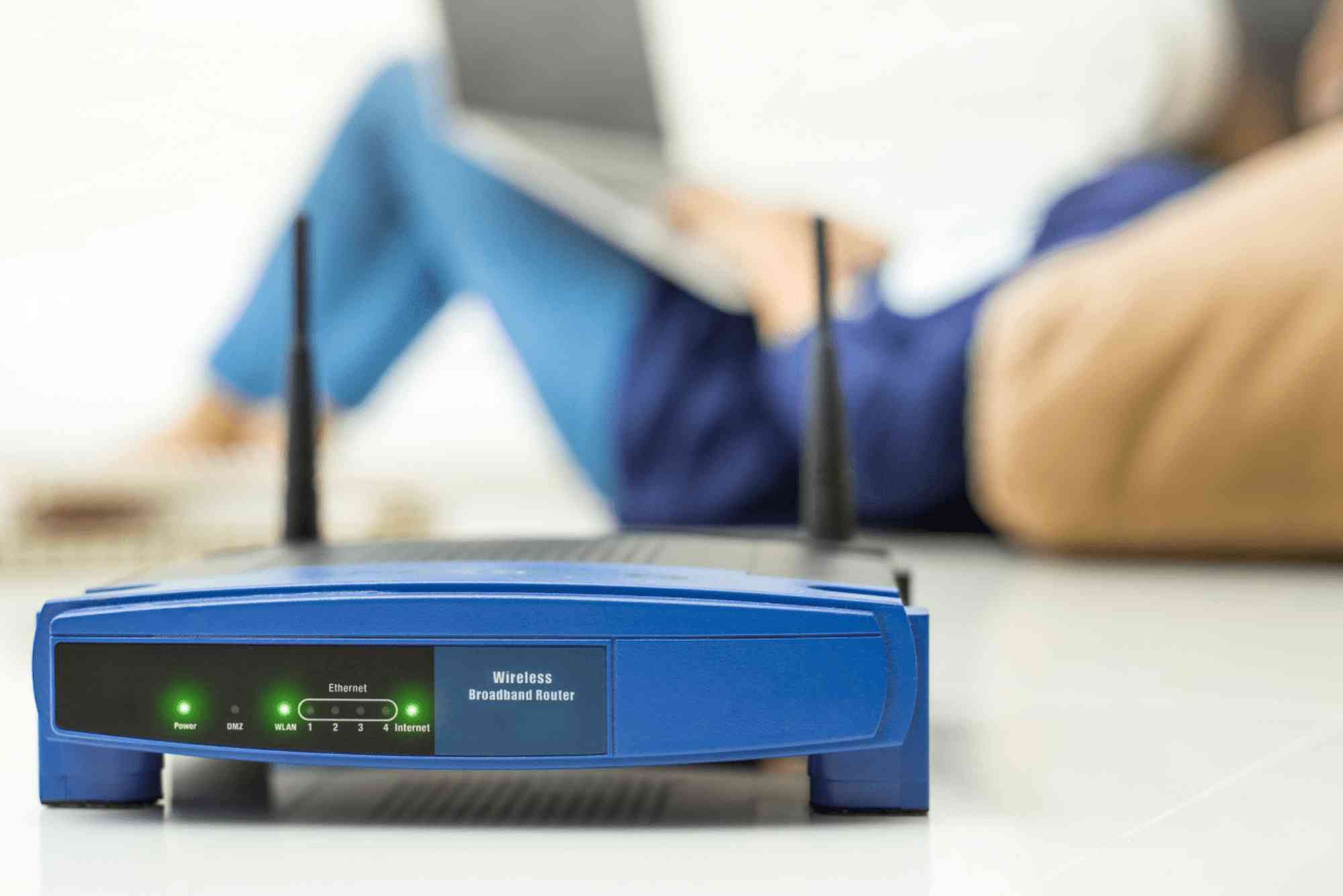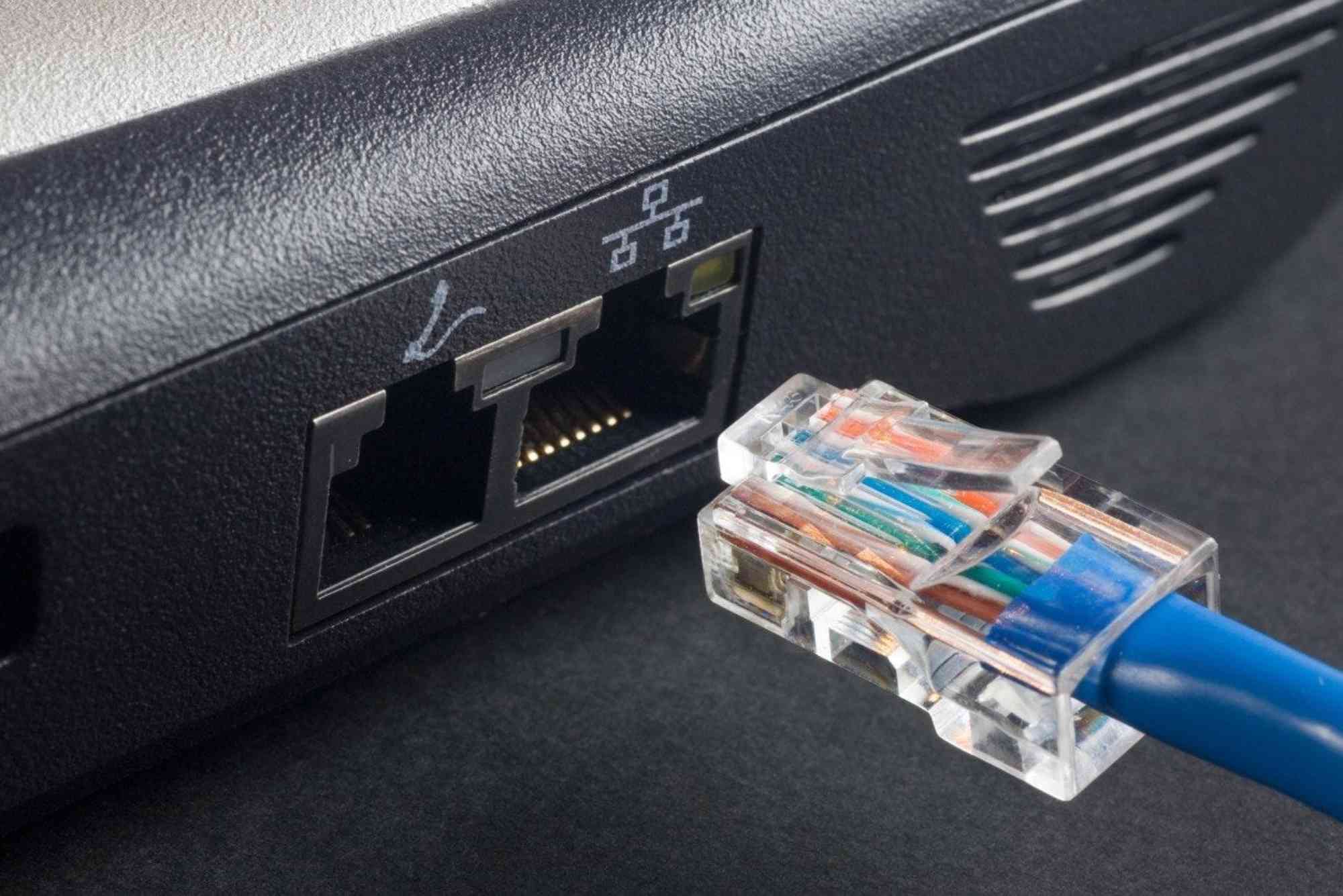Speed Comparison: Mesh Wi-Fi vs Wi-Fi Extenders
In today’s connected world, internet speed and reliability are more important than ever. Whether you work from home, stream high-definition content, or game online, the quality of your Wi-Fi connection can make or break your experience. When Wi-Fi coverage falls short, homeowners often face a common decision: should they upgrade to a mesh Wi-Fi system or add a traditional Wi-Fi extender? Understanding the mesh Wi-Fi vs extenders speed comparison is crucial for making the right choice. Both options can expand coverage, but they differ significantly in performance, stability, and long-term value.
Why Speed Matters in Home Wi-Fi Networks
Before diving into the speed differences, it helps to understand why speed is such a critical factor in network design. Internet speed is not only about raw megabits per second. It also involves latency, signal consistency, and how well the network handles multiple devices at once. A household with one or two devices may find a simple extender sufficient. But in a modern smart home with dozens of devices, speed bottlenecks become a major issue.
Mesh Wi-Fi vs Extenders Speed Comparison at a Glance
When comparing mesh Wi-Fi vs extenders speed, one key difference stands out: mesh Wi-Fi systems maintain higher speeds across a larger area, while extenders often reduce speed as you move farther from the main router. Extenders typically cut bandwidth in half because they relay the signal rather than creating a unified network. In contrast, mesh systems use multiple nodes that communicate with each other to distribute internet evenly without significant speed loss.
How Wi-Fi Extenders Affect Speed
Signal Duplication and Bandwidth Halving
Wi-Fi extenders function by receiving your router’s signal and then rebroadcasting it. This process improves coverage in weak areas, but it comes at a cost. Each time the signal is rebroadcast, bandwidth is reduced. In many cases, users experience speeds dropping to half or less compared to the router’s original output.
Latency and Device Hopping
Another issue with extenders is latency. When your device switches between the router and the extender, you may notice temporary drops in connection. For activities like video calls or gaming, this lag can be disruptive. Extenders also often create a separate network name (SSID), which forces devices to switch manually if they cannot roam seamlessly.
Suitable Use Cases for Extenders
Extenders are not entirely without merit. They are inexpensive, easy to set up, and work best in small spaces where only a modest boost is needed. For example, if you need to bring Wi-Fi into a garage or a guest room, an extender may suffice. However, if speed consistency is your top priority, extenders are less ideal.
How Mesh Wi-Fi Affects Speed
Intelligent Node Communication
Mesh Wi-Fi systems take a different approach. Instead of rebroadcasting the router’s signal, mesh nodes communicate directly with each other and the main hub. This creates a seamless, unified network where speed remains more consistent throughout your home.
Consistent Speeds Across Larger Homes
In larger homes, mesh systems shine because each node acts as both a transmitter and receiver, effectively blanketing the space with reliable internet. Unlike extenders, mesh Wi-Fi does not typically cut bandwidth in half. Many modern mesh systems also use technologies like tri-band routing, where one band is dedicated to node communication, ensuring user devices don’t suffer speed reductions.
Ideal Use Cases for Mesh Systems
Mesh Wi-Fi is best suited for households with multiple users and high-speed demands. If you stream 4K movies in the living room, play online games in the bedroom, and join video calls from the office, a mesh system ensures all these activities run smoothly. Although mesh systems are more expensive, they provide a future-proof solution for modern digital lifestyles.
Real-World Speed Tests: Mesh Wi-Fi vs Extenders
In controlled tests, mesh Wi-Fi networks often retain 80–90% of the original router speed even two or three rooms away. By contrast, Wi-Fi extenders may drop speeds to 40–50% once you move beyond one or two rooms. For example, if your router delivers 300 Mbps near the modem, you might still see 250 Mbps in a mesh-connected bedroom. With an extender, that number could fall below 120 Mbps.
Stability and Roaming Differences
One of the most noticeable advantages of mesh Wi-Fi is seamless roaming. With a single network name, devices switch automatically to the strongest node without dropping connections. This is essential if you frequently move around your house during video calls. Extenders, however, often require manual switching between networks, leading to disruptions and inconsistent speeds.
Cost vs Performance Considerations
When comparing mesh Wi-Fi vs extenders speed, cost is a major factor. Extenders are usually inexpensive, with basic models costing less than $50. Mesh Wi-Fi systems, on the other hand, often start around $150–$200 for a two-node setup. While extenders offer a budget-friendly short-term fix, they can lead to frustration if you need stable speeds across multiple rooms. Mesh systems, though pricier upfront, deliver long-term value through consistent performance.
Common Myths About Wi-Fi Extenders and Mesh Systems
“Extenders Make Wi-Fi Just as Fast as Mesh”
This is a misconception. Extenders improve coverage but almost always reduce speed. Mesh systems are designed to maintain speeds over distance.
“Mesh Wi-Fi Is Overkill for Small Homes”
While mesh may seem unnecessary in small spaces, it still offers advantages like seamless roaming and better handling of multiple devices.
“Both Systems Work the Same Way”
They do not. Extenders replicate signals, while mesh creates a unified, intelligent network.
Choosing the Right Option for Your Needs
If speed and stability are critical, mesh Wi-Fi is the superior choice. However, if you only need occasional coverage in a single weak spot, an extender might be sufficient. The decision should be based on your internet habits, the size of your home, and how many devices you use daily.
For example, a family of five streaming and gaming across multiple rooms will benefit from mesh Wi-Fi. On the other hand, a single user in a small apartment might find a simple extender perfectly adequate.
Mesh Wi-Fi vs Extenders Speed Comparison
When it comes to the mesh Wi-Fi vs extenders speed comparison, mesh systems clearly outperform extenders in most real-world scenarios. They deliver faster speeds, lower latency, and seamless roaming across large areas. Extenders still have their place for small coverage fixes, but they often come with trade-offs that affect daily internet performance.
If you want to enjoy uninterrupted streaming, gaming, or remote work, investing in mesh Wi-Fi is the smarter long-term choice. For users in Pakistan looking for reliable connectivity options, you can explore solutions like Dhanote Internet Services to pair with your mesh system for even better performance.
FAQs
Does mesh Wi-Fi reduce speed?
No, mesh Wi-Fi is designed to maintain speeds across all nodes. Some loss may occur, but it is minimal compared to extenders.
Do Wi-Fi extenders slow down the internet?
Yes, most extenders reduce bandwidth because they duplicate the signal instead of intelligently distributing it.
Is mesh Wi-Fi better for gaming?
Absolutely. Mesh Wi-Fi offers lower latency, stable connections, and consistent speeds, making it ideal for online gaming.
Can I use both mesh and extenders together?
Technically yes, but it’s not recommended. Mixing systems can create compatibility issues and uneven speeds.
Which is more cost-effective: mesh Wi-Fi or extenders?
Extenders are cheaper upfront but often compromise speed. Mesh Wi-Fi costs more but delivers better performance and long-term reliability.







